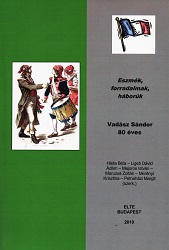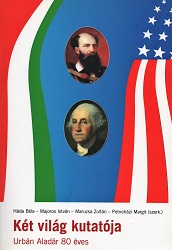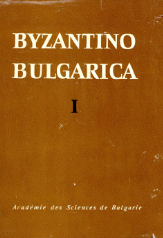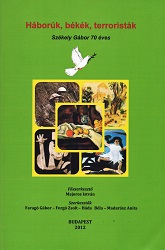
We kindly inform you that, as long as the subject affiliation of our 300.000+ articles is in progress, you might get unsufficient or no results on your third level or second level search. In this case, please broaden your search criteria.




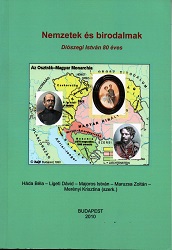

In its first administration, the Orbán government had already recognized the potential opportunities in the banking sector. Out of the possible ways that the government could have managed the near-bankruptcy of Postabank,one was chosen that promised to provide a financial payout as well as a political one: it dismissed the bank’s managers in the summer of 1998 and made a move for its revenue.
More...